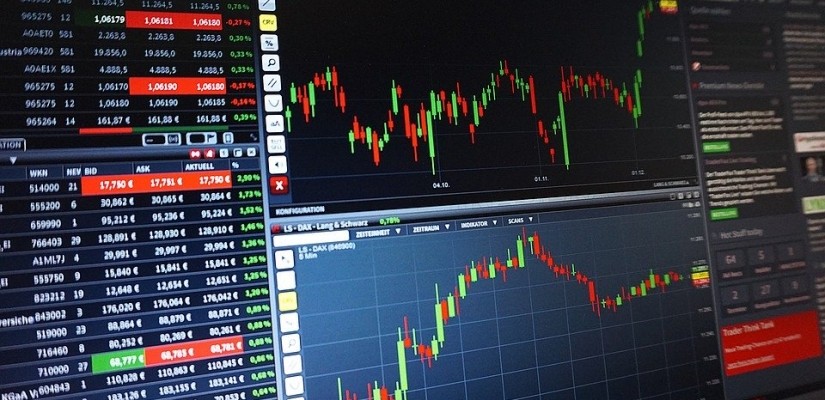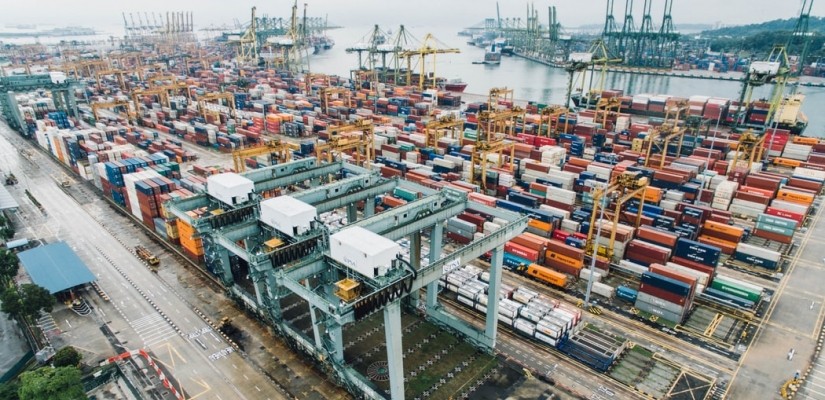Trade wars appear to be primarily economic confrontations between two or more states, but in actuality, trade wars arise out of geopolitical conflicts. Opposing states struggle for their geopolitical influence and strategic interests, affecting global markets and economies. For this reason, trade wars are as much about politics as they are about economics. Cases such as the US-China trade war or the Japan-South Korea trade dispute exemplify this. In both cases, two state governments are pursuing conflicting geopolitical interests and base their motivations to engage in a trade war on these interests. Domestic and international political environments together generate these state interests. In domestic politics, parties and politicians may shape the political agenda of a state by, for instance, driving forward nationalist policies. In the international realm, the political and economic power of a state, as well as its behavior, can affect the foreign policy agenda of another state, as the interaction between the US and China demonstrates. Intense skepticism or hostility towards other states causes a decline in multilateral cooperation, and a trade war is a symptom of such animosity.

The Central Risks of Trade Wars
Trade wars can create numerous risks for businesses and economies, affecting international trade, investment, the stock market, foreign investment, and supply chains. The central tools of a trade war are tariffs and trade barriers, which cause financial and economic disruption. The long-term consequences of a global trade war would be as grave for the EU, the US, and China as the 2008 financial crisis and the subsequent recession. This escalation of protectionist behavior could lead to a lasting loss of 4% of GDP for the EU and 3% for China and the US. Trade wars are therefore highly powerful and disruptive leverages against strategic opponents and must not be underestimated in their long-term effects.
Volatility in international trade can be a result of economic uncertainty shocks, and trade wars are a source of their occurrence. The uncertainty surrounding tariffs has negative effects on the investment plans and growth of businesses. The Organisation for Economic Co-operation and Development (OECD) found that aggregate investment growth in the G20 economies (excluding China) dropped from 5% at the beginning of 2018 to 1% in the first half of 2019. Disruptions in international trade, cross-border investment, and supply chains can diminish medium-term growth. The reason for this is that uncertainty surrounding trade wars can compel businesses to reassess associated risks, market access, expenditures, and the procurement of resources. Businesses may be therefore compelled to adapt their supply chains and potentially transfer operations to different countries in order to manage the restrictions and effects caused by a trade war.
In 2019, two major trade wars have been of central focus. These are the US-China trade war and the Japan-South Korea trade dispute. Since the US and China are the world’s two largest economies, this trade war has significantly affected the flow of goods and global economic growth. While China has imposed tariffs of 5% to 25% on US goods, the US has introduced tariffs on Chinese goods of up to 25% as well. By December 2019, China had imposed tariffs on over $110 billion worth of US goods, while the US had imposed tariffs on more than $360 billion worth of Chinese products, demonstrating the sheer scale of this conflict.
Meanwhile, the trade dispute between South Korea and Japan has received less media attention, however, its impact is nevertheless significant. The dispute stems from a decade-old disagreement over South Koreans who served as forced workers for Japan during Japan’s occupation of the Korean Peninsula from 1910 to 1945. South Korea’s Supreme Court had ruled in 2018 that several Japanese companies must compensate South Koreans, while Japan insists that discussions regarding forced labor during the occupation period have been resolved in the past. In a tit for tat exchange between the two opponents, trade barriers were introduced on products for South Korea’s technology industry – a weak spot for South Korea’s technology giant Samsung – while Japanese brands were boycotted in South Korea. The International Monetary Fund (IMF) states that these tensions do not only have repercussions for South Korea and Japan but also the entire region, affecting technology supply chains in particular.

The Short-Term Gains and Long-Term Risks of Trade Wars
Trade wars can pose major long-term risks but they may also incur short to medium-term gains. A bilateral trade war can be a source of profit for a third country if supply chains are redirected to the benefit of this third country. Following the US-China trade war, for instance, Chinese firms relocated to Vietnam in order to circumvent US tariffs, which is why Vietnam’s exports to the US have risen by 40% in 2019. The risk of such a temporary relocation, however, is that third countries may benefit from trade wars only in the short to medium term. The numerous long-term risks of trade wars therefore overshadow short-term gains. Finally, a fundamental risk lies in the potentially increasing utilization of trade wars as a strategic tool against opponents, which would have vast effects on economies, businesses, and supply chains worldwide.
